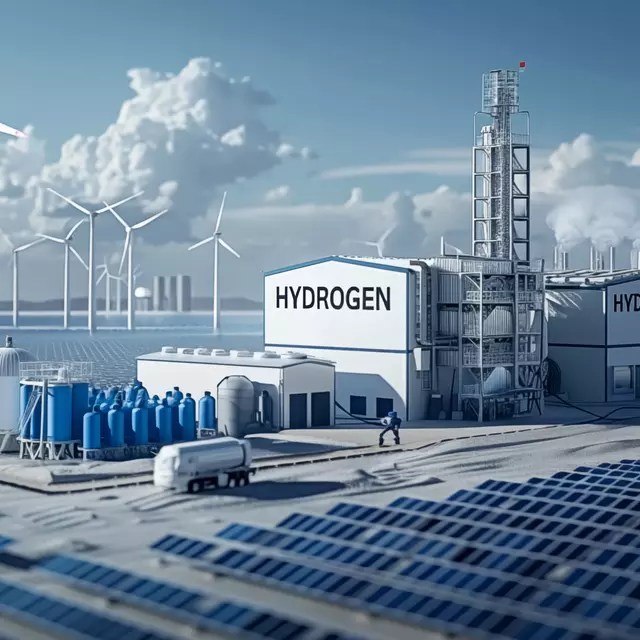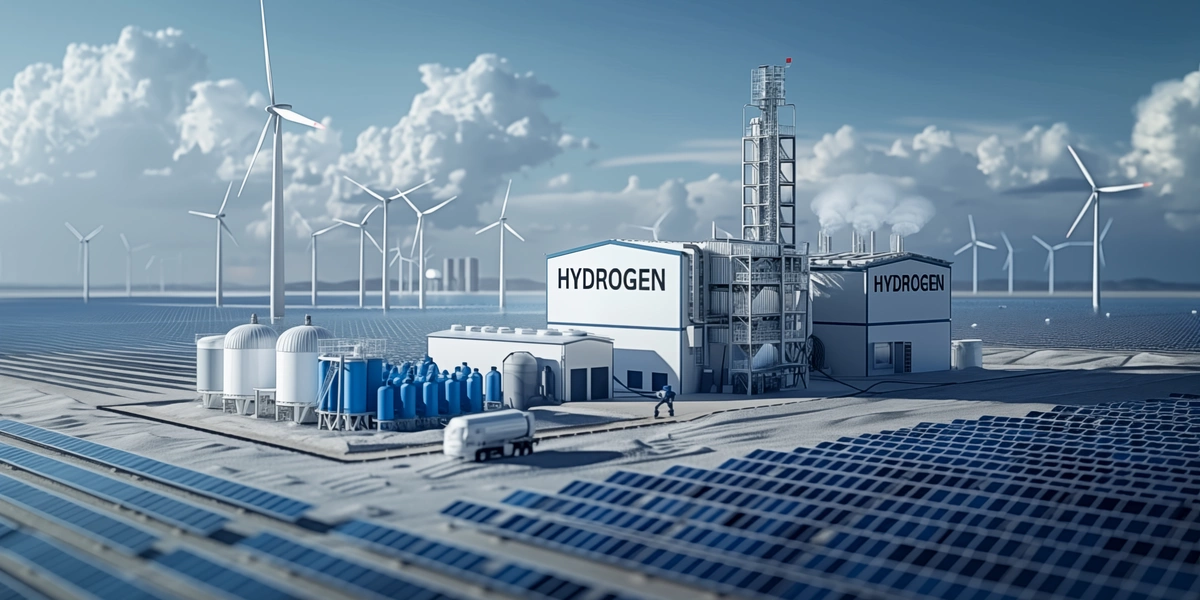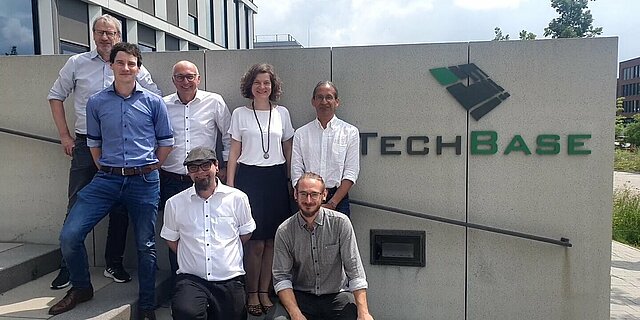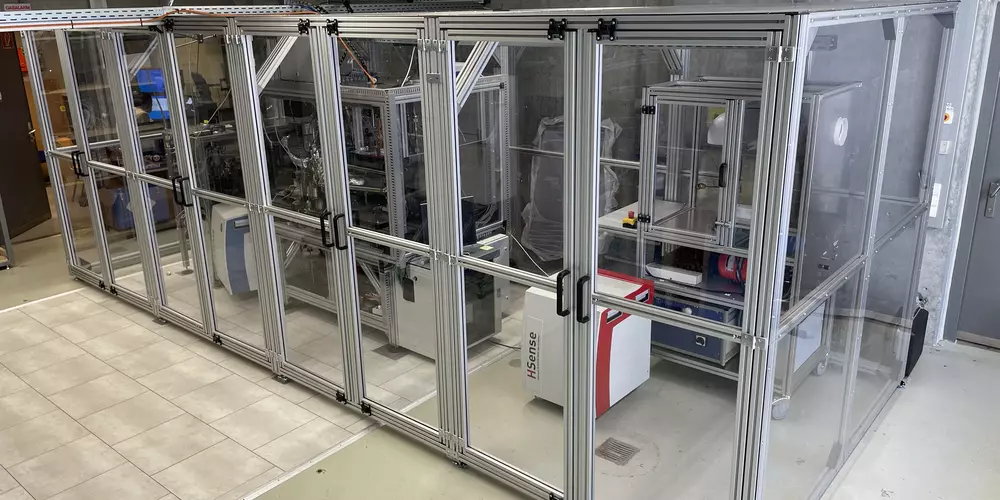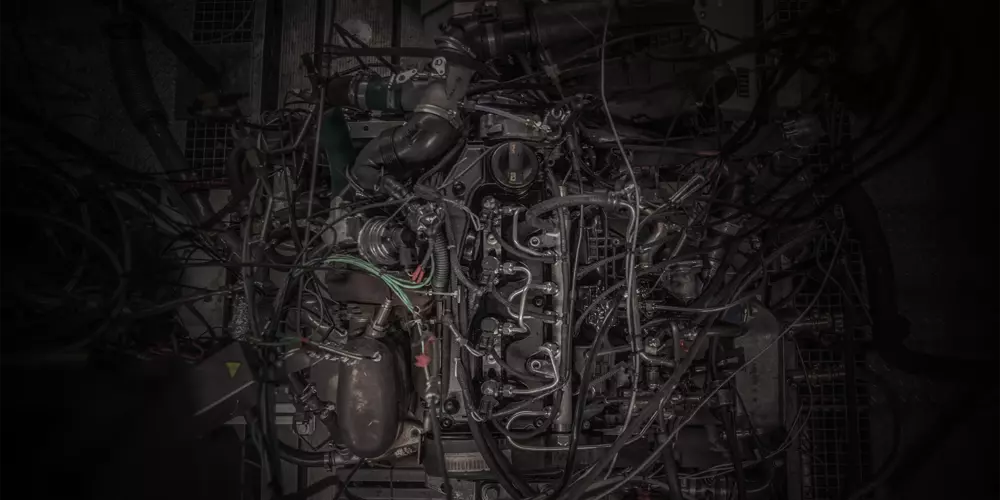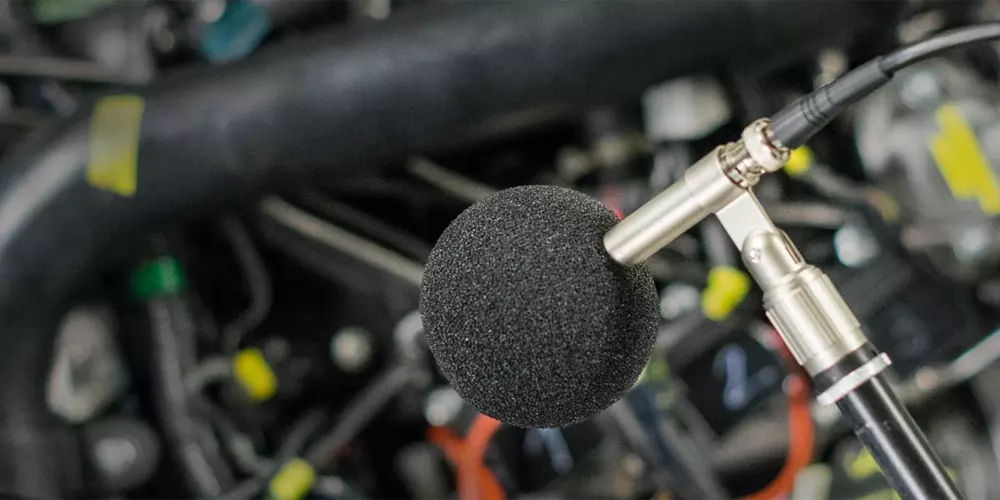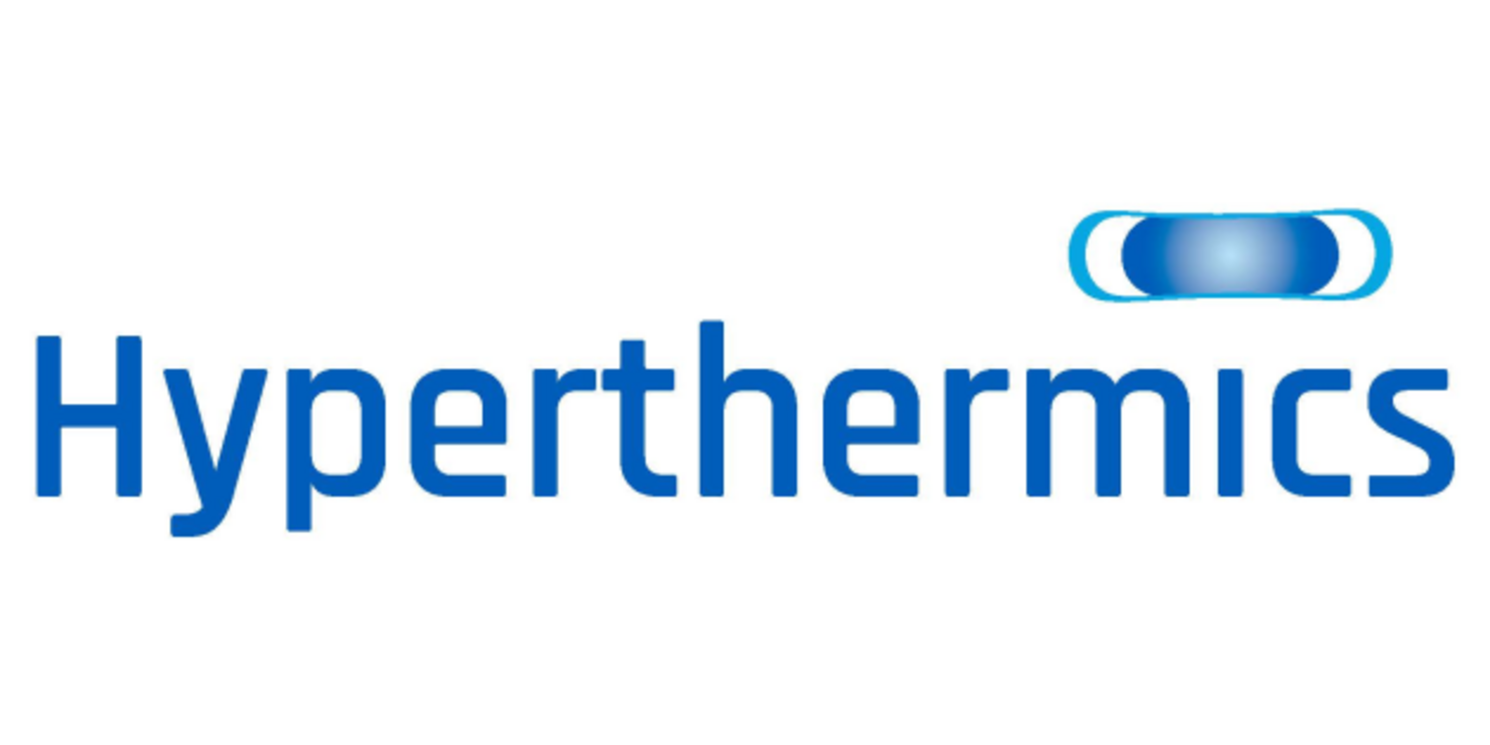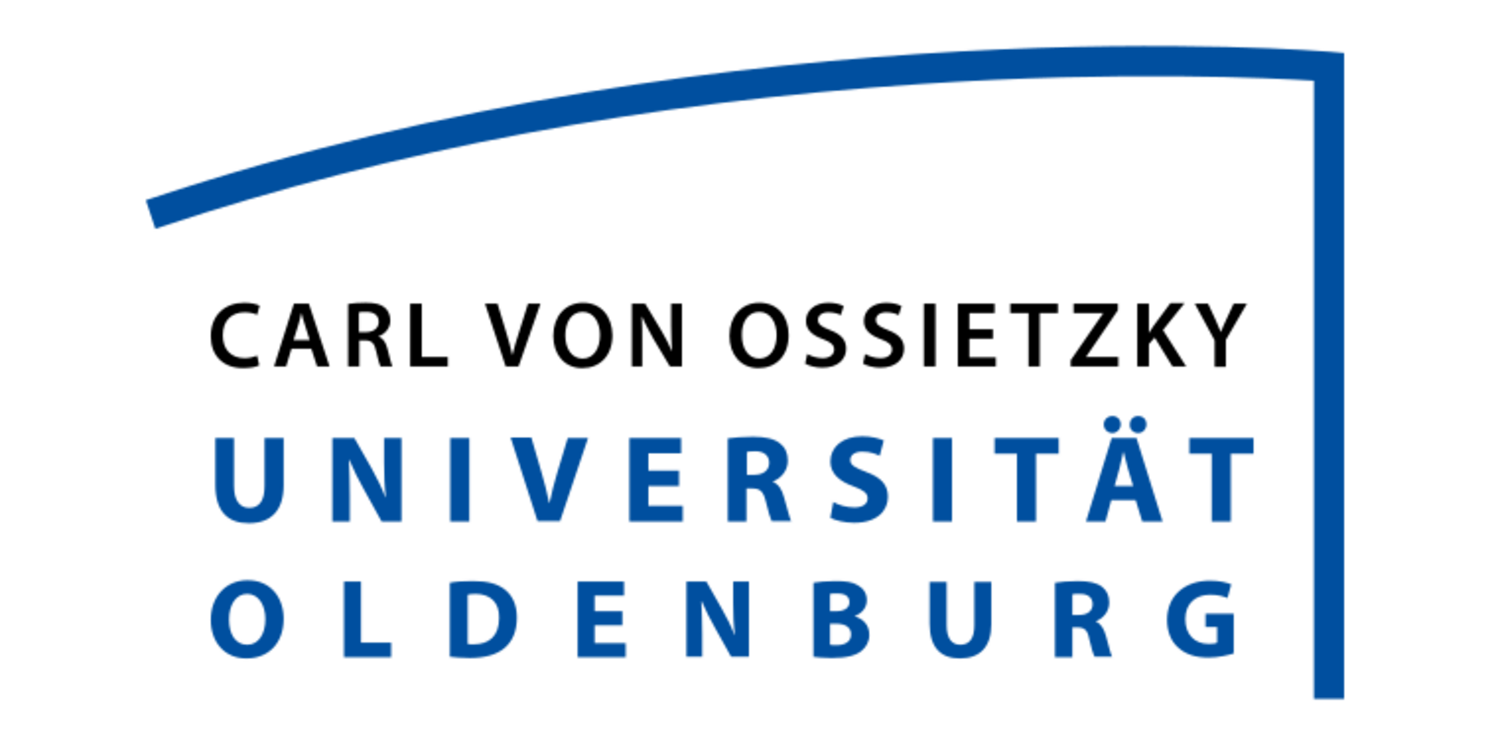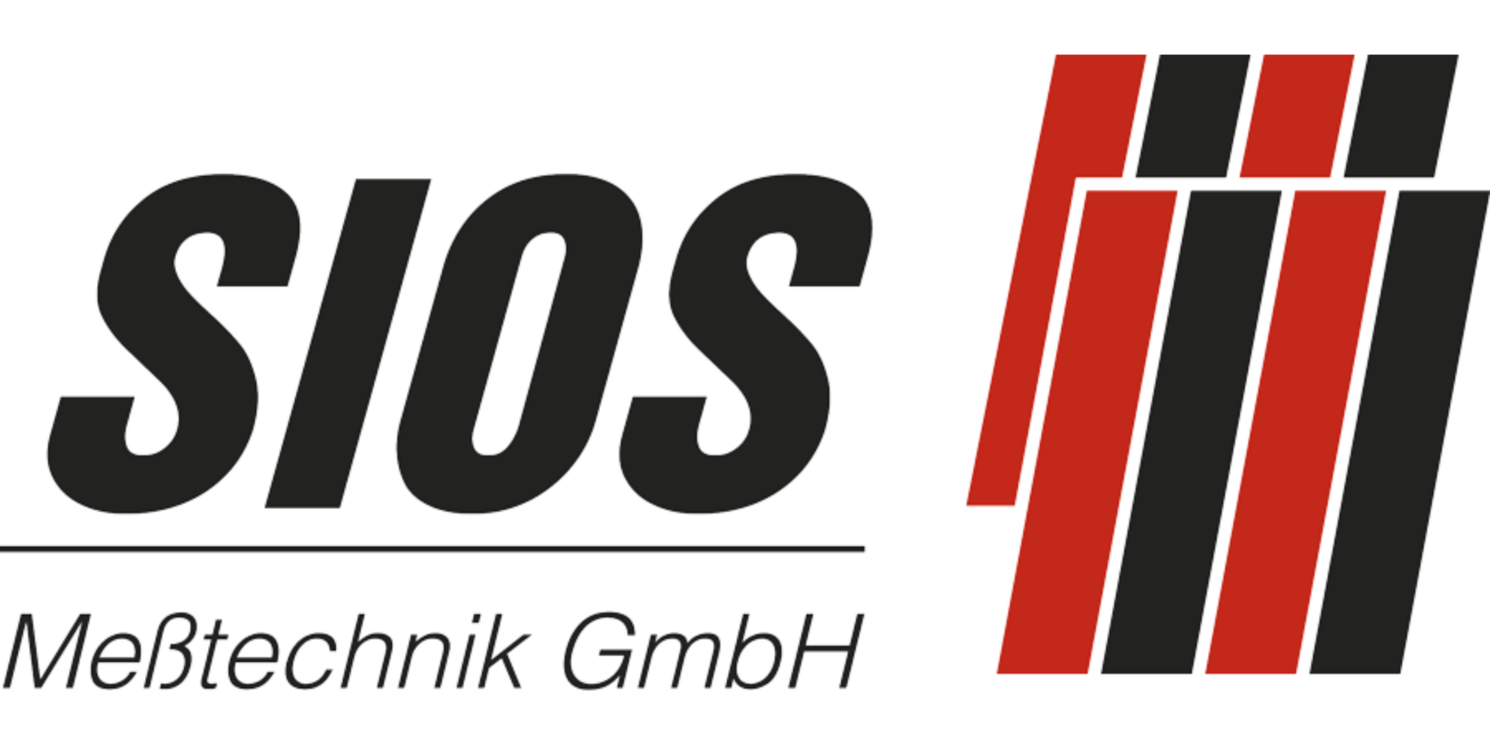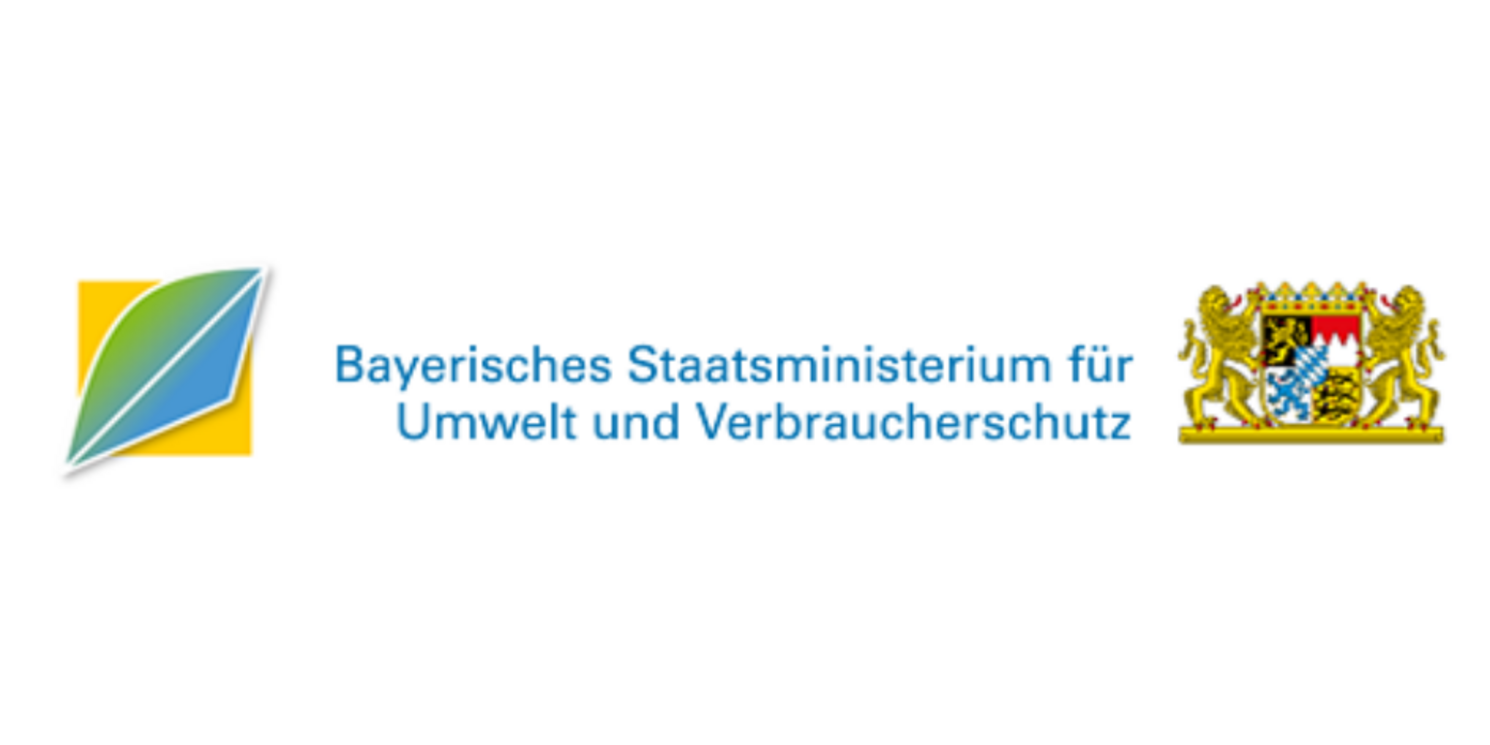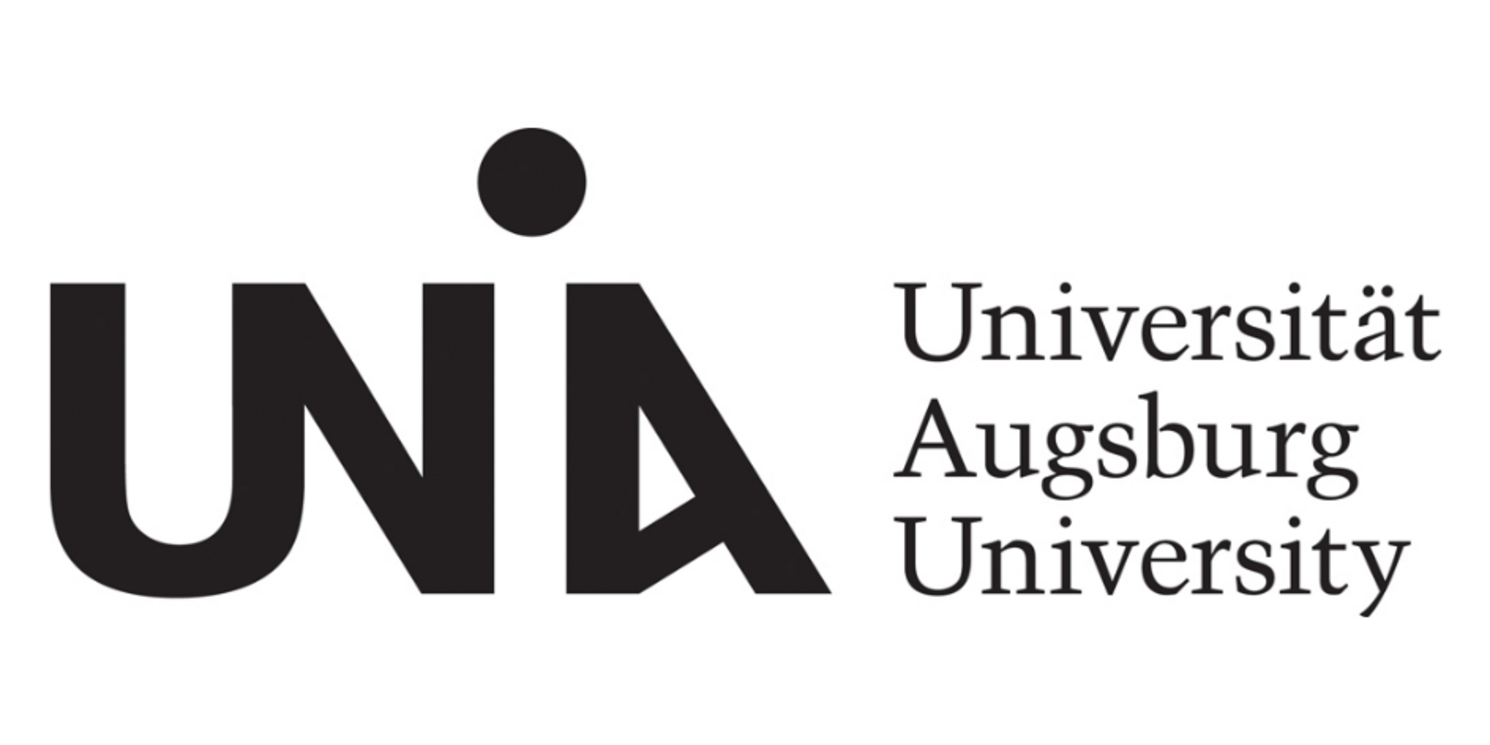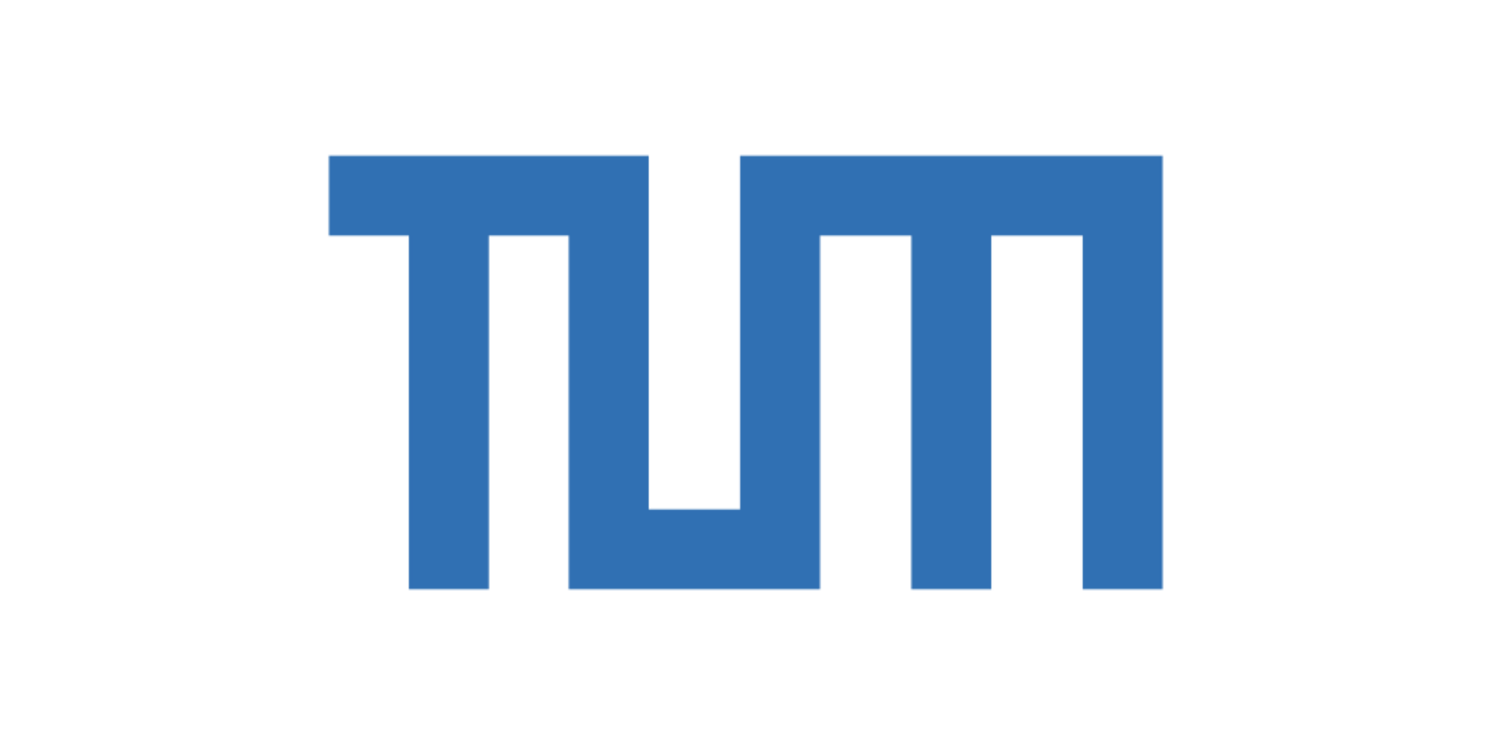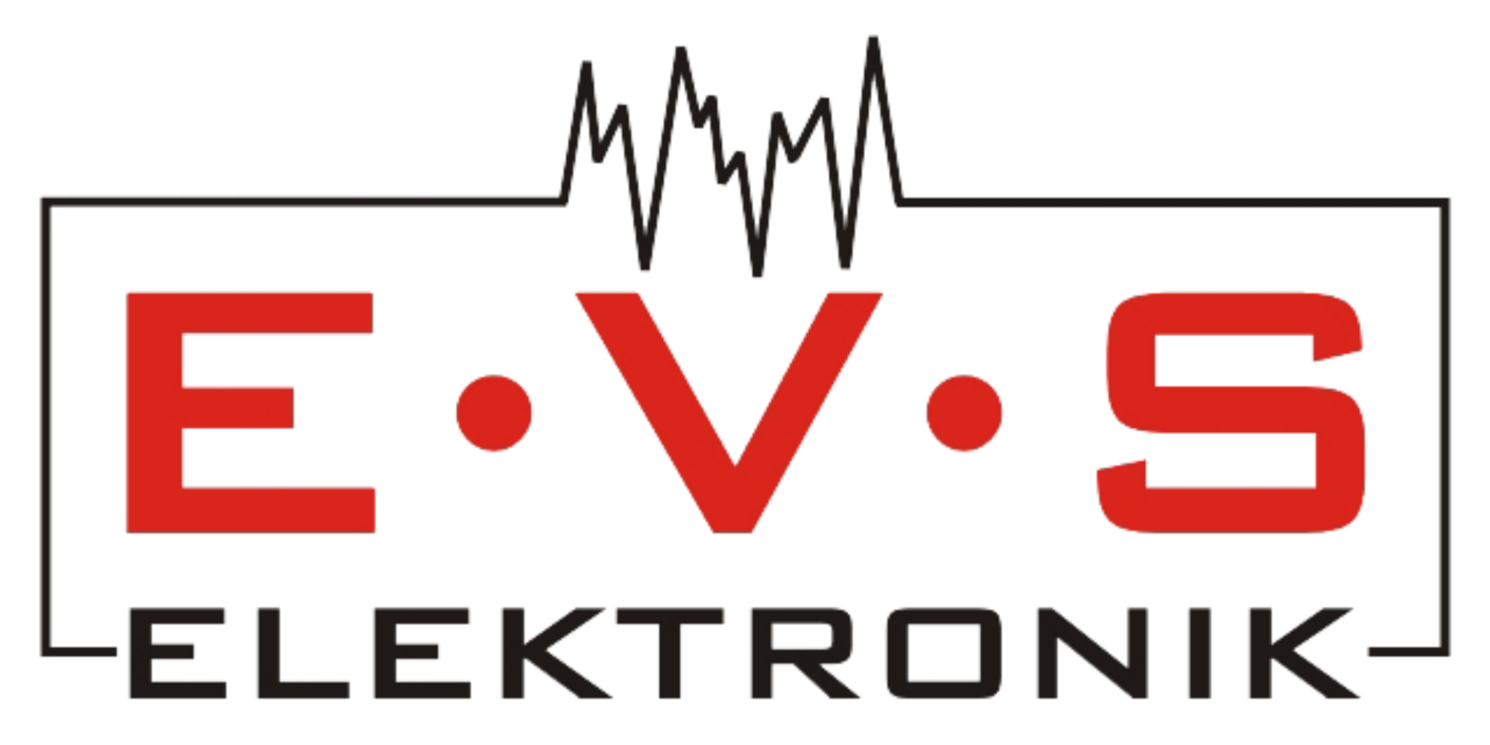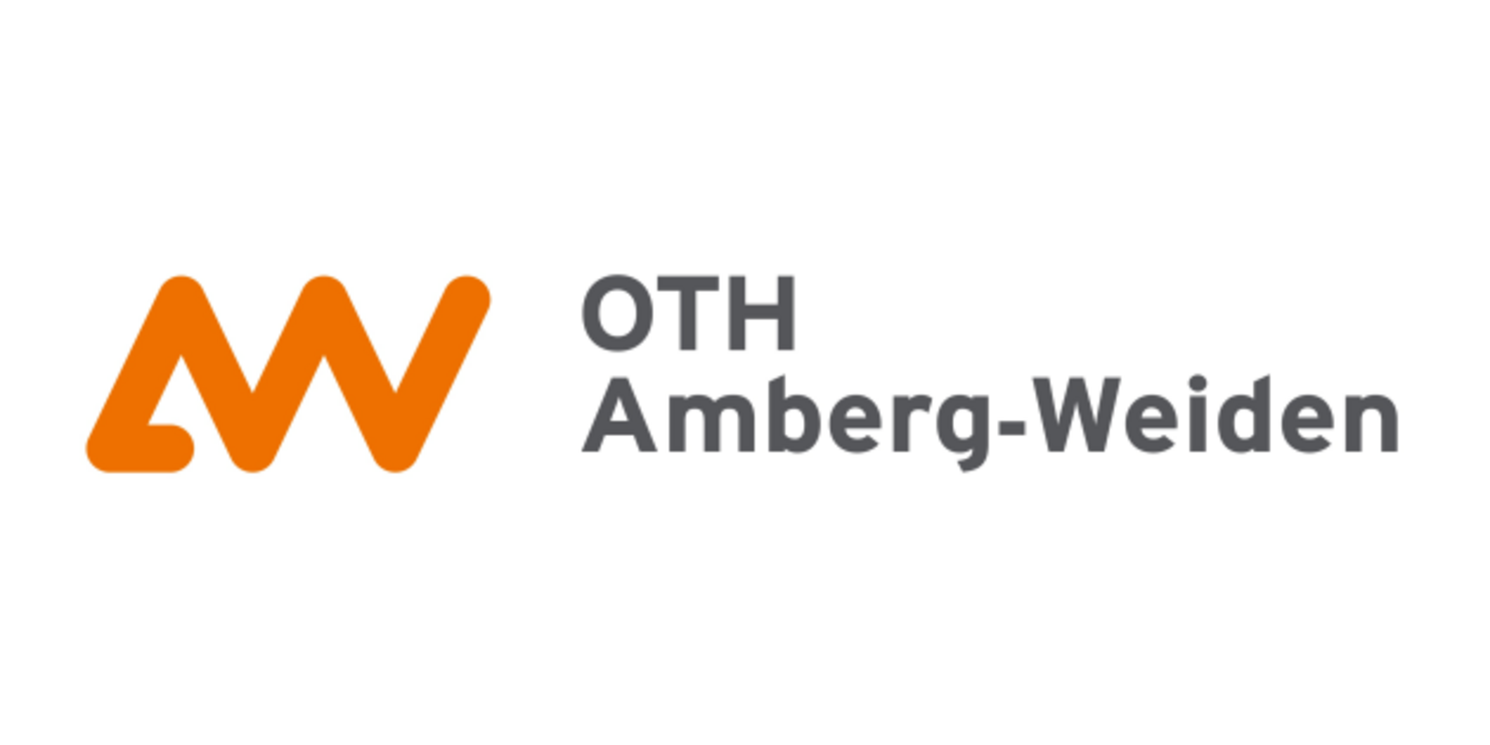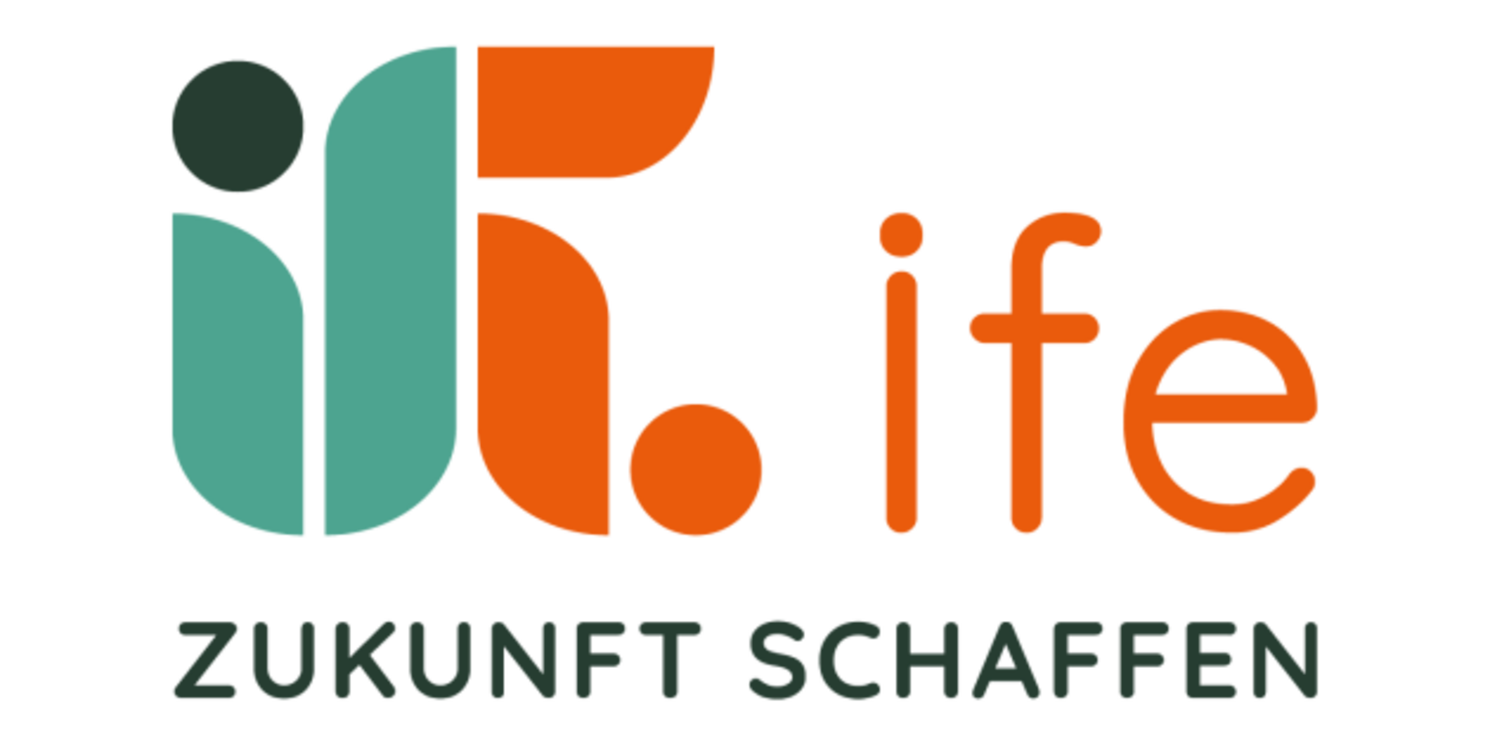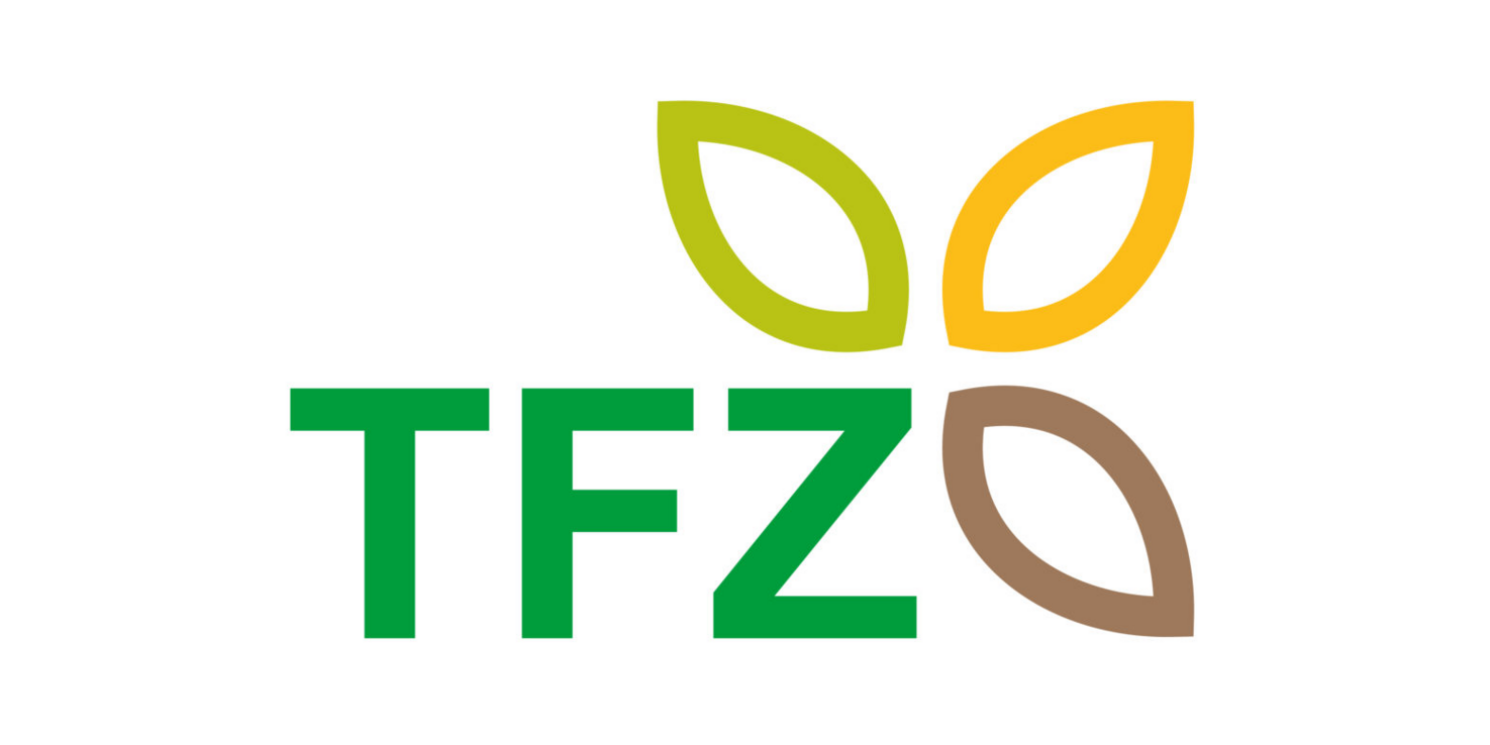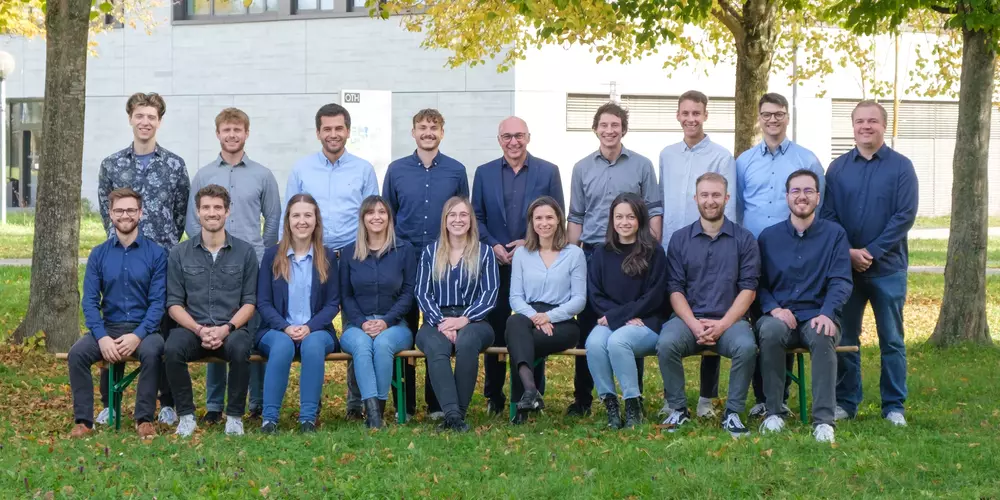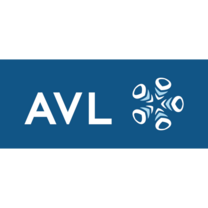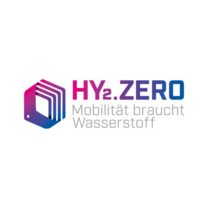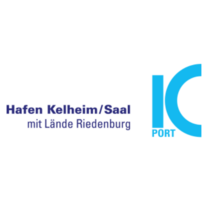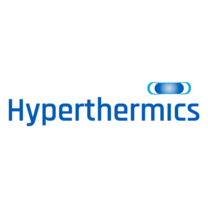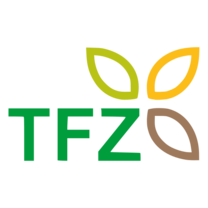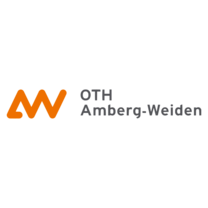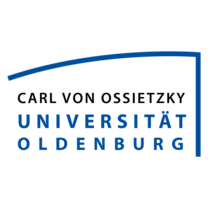QUARREE100
Resilient, integrated and system-serving energy supply systems in existing urban districts with full integration of renewable energies - Rüsdorfer Camp real-world laboratory
A total of 22 partners, including universities, research institutions, companies and municipal institutions, are working on the research project "Resilient, integrated and system-serving energy supply systems in existing urban districts with full integration of renewable energies (QUARREE100) - Rüsdorfer Kamp real-world laboratory" (QUARREE100).
The aim is to develop scalable and transferable solutions that allow a high proportion of renewable energies in all sectors in the district and integrate the district into the overall energy system. This requires innovative technologies that contribute to a highly flexible supply of energy sources on the scale of neighborhoods and regional associations of settlements, commerce and industry, including the coupling of the associated supply systems. These will be developed, tested and implemented in the real laboratory in this project. Furthermore, transferable tools are required for the planning of integrated, system-supporting and district-based energy systems, for which a modular system with tools ranging from simulation and analysis tools to participation concepts will be developed.
Sub-project (OTH Regensburg)
In the sub-project "Thermochemical storage for neighborhoods" (Lead: FENES, OTH Regensburg), a system consisting of an electrolyzer, a novel thermochemical Fe/FeOx storage system and a hydrogen combustion engine is being developed that can provide both electrical and thermal energy in neighborhoods. The Combustion Engines and Exhaust Gas Aftertreatment Laboratory (Prof. Rabl) has been working on the conversion of a combustion engine for operation with a hydrogen/water vapor/oxygen/argon mixture. In combination with the thermochemical energy storage system, this engine enablesCO2-free and pollutant-free operation.
